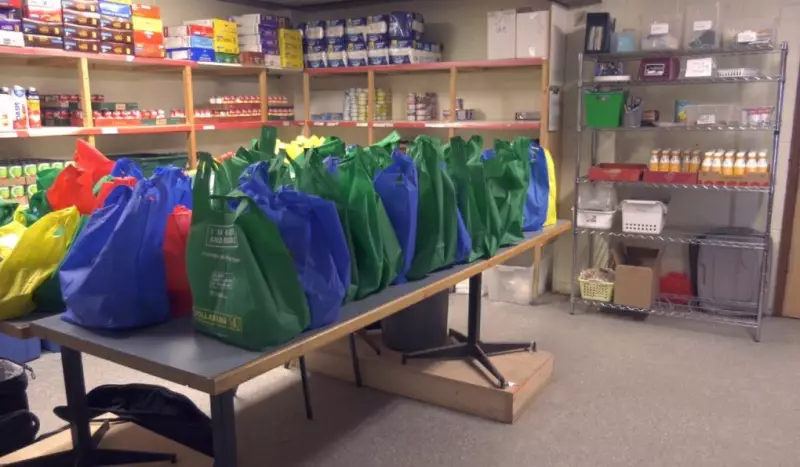
Food banks and soup kitchens across Northern Ontario are confronting an unexpected financial challenge as they adapt to the federal government's ban on single-use plastics. While these organizations already operate on tight budgets to address food insecurity, they must now allocate scarce funds to purchase reusable bags and food containers.
New Budgetary Pressures Emerge
The single-use plastics prohibition, implemented to reduce environmental waste, has created what one food bank coordinator called "an unfunded mandate" for charitable organizations. Mike McDonald reported on March 16, 2023 that agencies serving vulnerable populations are experiencing this new financial pressure firsthand.
Food banks traditionally focused their limited resources on acquiring and distributing nutritious food to those in need. Now, they must factor in the additional expense of compliant packaging materials, which can significantly impact their operational budgets.
Impact on Food Security Services
The requirement to use reusable containers comes at a time when food banks are already seeing increased demand due to rising living costs and economic uncertainty. Every dollar spent on containers means one less dollar available for purchasing essential food items.
Some organizations report that the added costs have forced them to reduce the quantity or variety of food they can provide to clients. Others are launching separate fundraising campaigns specifically to cover the expense of compliant packaging.
Seeking Sustainable Solutions
Food bank operators acknowledge the environmental benefits of reducing plastic waste but emphasize the need for practical solutions that don't compromise their mission. Some are exploring partnerships with local businesses for container donations or implementing container return systems to reuse materials multiple times.
Advocates are calling for government support or exemptions to help charitable organizations transition to the new requirements without reducing food distribution capacity. As one volunteer noted, "We support environmental protection, but we can't let people go hungry in the process."






